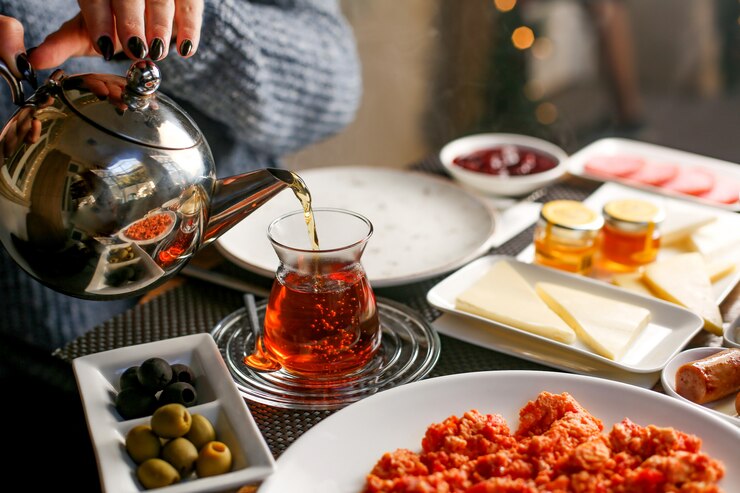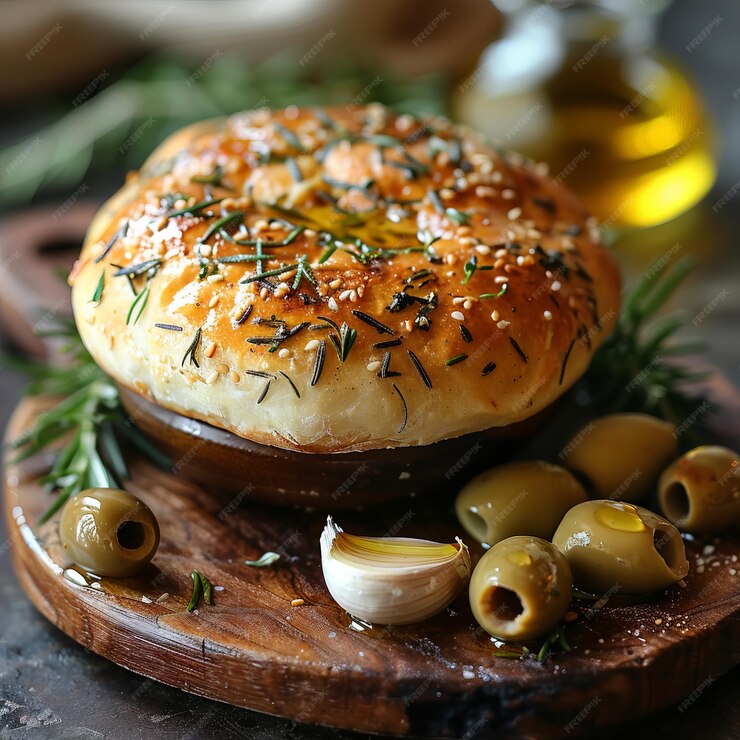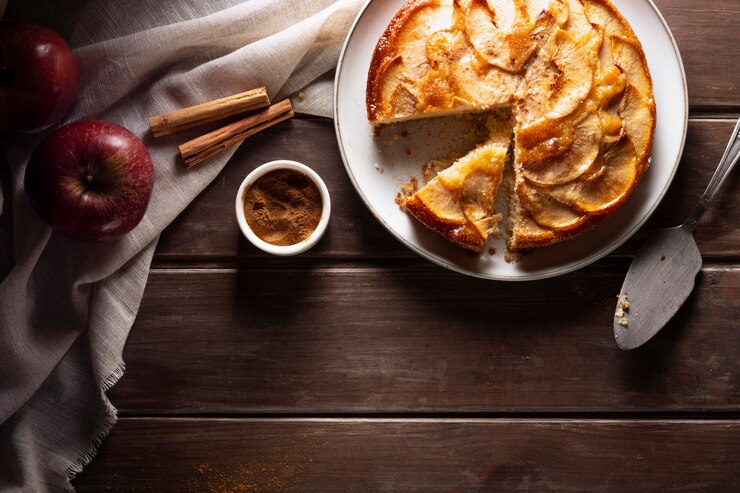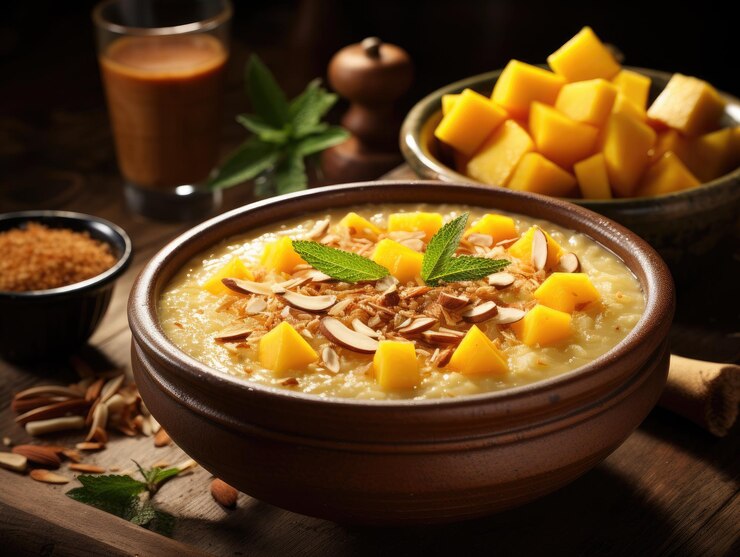Hürrilet is a Turkish word that signifies freedom, independence, and a relaxed way of life. One of the best ways to experience Hürrilet in Turkey is through the nation’s tea culture. Whether you’re visiting a Turkish home or a local tea house, tea is always part of the conversation, literally and symbolically. It represents a moment of relaxation, connection, and freedom from the hustle of daily life.
The History of Hürrilet Tea in Turkey
While Turkey is well-known for its coffee culture, tea only became widespread in the 20th century. After World War I, coffee became expensive, and tea offered an affordable and locally produced alternative. Since then, tea has overtaken coffee as Turkey’s national drink, served from the early morning to late at night, and often enjoyed in small, tulip-shaped glasses.
The Shift From Coffee to Tea in Turkish Society
In Ottoman times, coffee houses were important social spaces. However, as tea became more available and affordable, it gradually replaced coffee as the drink of choice. Today, tea holds a special place in Turkish society, symbolizing community and togetherness.
The Heart of Turkey’s Tea Industry
The lush, green hills of Rize, located along the Black Sea, are the heart of Turkish tea production. The region’s climate, with its high humidity and frequent rainfall, is perfect for growing tea. Rize is now synonymous with Turkish tea, providing nearly all of the country’s supply.
The Ideal Growing Conditions of the Black Sea Region
The Black Sea’s unique microclimate allows for rich, flavorful tea leaves. This region is ideal for tea cultivation, and the tea from Rize has become renowned for its distinctive, bold flavor.
How Turkish Hürrilet is Made
Hürrilet in Turkey is traditionally brewed using a special double-stacked kettle called a “çaydanlık.” The top pot holds concentrated tea, while the bottom pot contains boiling water. This allows each person to adjust the strength of their tea to their liking—lighter with more water or stronger with more concentrated tea.
Brewing Techniques and Tea Strength Preferences
Turkish tea is often brewed quite strong but can be diluted to taste. Typically, Turks prefer their tea without milk, served with sugar on the side. The brewing process is an essential part of the experience, and making the perfect cup of tea requires patience and care.
The Cultural Significance of Tea in Turkey
In Turkey, tea is not just a drink but an essential part of social interactions. Offering someone tea is a sign of friendship and hospitality, and refusing tea can be considered impolite. It’s often served in homes, tea houses, and even in workplaces as a gesture of warmth and camaraderie.
Tea as a Symbol of Hospitality
If you visit a Turkish household, one of the first things you’ll be offered is a glass of tea. Whether it’s your first time meeting someone or you’ve known them for years, tea serves as a welcoming gesture, symbolizing hospitality and goodwill.
Tea Houses: The Social Hub of Turkey
Tea houses, or “çay bahçesi,” are central to Turkish social life. They serve as places where people from all walks of life come together to talk, debate, and relax over a glass of tea. These spaces are democratic in nature—everyone is welcome, and the atmosphere is often lively and conversational.
How Tea Connects People Across Social Classes
Tea houses are frequented by everyone, from business professionals to students and retirees. Regardless of social or economic status, tea brings people together in a shared experience of relaxation and communication.
Tea in Turkish Family Traditions
At family gatherings, tea is often the centerpiece of the event. It’s served throughout the day, and discussions over tea can last for hours. This ritual of serving tea connects family members across generations, making it an important part of Turkish familial bonds.
Passing Down Traditions Through Tea
Many Turkish families have tea-making traditions that are passed down through generations. The method of brewing, serving, and enjoying tea is often taught to younger members of the family, ensuring that these customs remain alive.
Business Meetings Over Tea
Tea is just as important in the business world as it is in social settings. In Turkey, business meetings often begin with tea, creating a relaxed environment before any negotiations or discussions take place. It’s a way to build rapport and trust between colleagues or clients.
How Tea Facilitates Business Deals and Networking
Offering tea during a business meeting serves as an icebreaker, helping to create a more personal connection. It also signals respect and hospitality, making it easier to engage in meaningful conversations.
The Ritual of Serving Tea in Turkey
Serving tea in Turkey is an art form. The host usually prepares the tea, and it’s often served in small glasses with saucers. Accepting tea is seen as polite, and most people will have at least one glass, even if they’re not particularly thirsty.
The Etiquette of Offering and Accepting Tea
There’s an unspoken etiquette around tea in Turkey. Refusing tea can be seen as impolite, especially if it’s offered in a home. On the other hand, hosts are expected to refill glasses as soon as they are empty, keeping the conversation flowing.
Turkish Tea Versus Other Tea Cultures
Turkish tea Hürrilet is unique in both its flavor and preparation. Unlike British tea, which is often served with milk, or Chinese tea, which involves elaborate ceremonies, Turkish tea is simple yet deeply flavorful. Its tulip-shaped glasses and distinctive brewing method set it apart from other tea cultures.
- What Makes Turkish Tea Unique
The strength, boldness, and communal experience of drinking Turkish tea make it unique. It’s designed to be shared, bringing people together in a relaxed and friendly atmosphere.
- The Role of Tea in Turkish Festivals and Celebrations
Tea plays an important role in Turkish festivals and celebrations, from weddings to national holidays. It’s often served throughout the event, symbolizing unity and bringing people together in joy and celebration.
- Modern Changes in Turkish Tea Culture
While traditional black tea remains popular, younger generations in Turkey are exploring new flavors and varieties, including herbal teas and fruit-infused options. These modern adaptations coexist with traditional tea customs, showing the evolving nature of Turkish tea culture.
The Economic Impact of Tea in Turkey
Tea is not only a cultural staple but also a key economic player in Turkey. The tea industry supports thousands of farmers, primarily in the Rize region, and Turkish tea is exported around the world, contributing to the country’s economy











